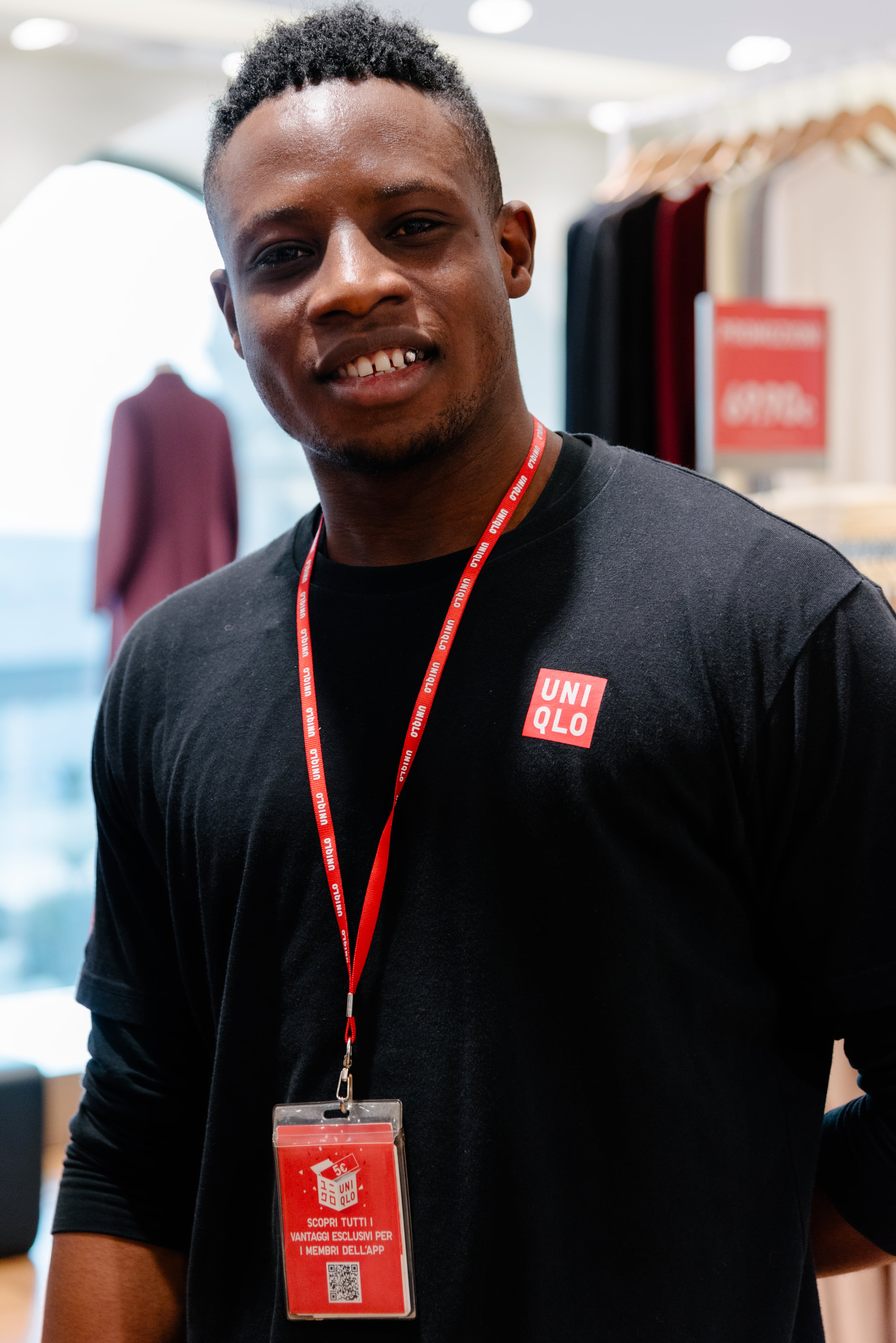
FONDAZIONE ADECCO - 20 years of diversity and inclusion
By the Editorial staff
Recounting 20 years’ worth of the Fondazione Adecco’s history in just a few lines is a challenging task. Even more so when interviewing the dynamic and enthusiastic Francesco Reale who, for over an hour, described the world created by the Fondazione, of which he is currently Secretary General.
Can you tell us what the Fondazione Adecco per le pari opportunità is, and what it is celebrating at 20 years of age?
Fondazione Adecco is celebrating 20 years of developing many skills and talents! In 2001, the year the Fondazione was born, a work integration programme called “Persone con Disabilità” was developed with the aim of valuing diversity in organisational contexts, beyond the regulatory obligations of Law 68/99. It was the first of countless initiatives to facilitate workplace inclusion for “disadvantaged” people. We are a private foundation that has the aim of making the workplace more accessible and inclusive, particularly for individuals at a socio-economic disadvantage and/or who are at risk of being excluded from the market. We offer them tools to enhance their talents and find (new) jobs.
Who are these people, specifically? Who is the Adecco Foundation mainly aimed at?
Specifically, we take care of people who are disabled, women who are disadvantaged, young people who fall into the NEET (Not engaged in Education, Employment or Training) category, refugees/asylum seekers, people in detention and those facing "new poverty" (under Art. 21 detainees can work) by fostering a culture of diversity and inclusion in companies. Work is the primary form of social inclusion, it restores dignity, because it is people we are aiming our training at. Behind the “labels” of individuals who are subject to social exclusion and in protected categories there are individuals, lives: each with their own story and identity. We believe that work is the most authentic form of fighting any kind of discrimination, and that inclusion and valuing differences and manifold identities must nowadays be a priority for companies that are future-oriented.
And in what way does the Fondazione Adecco facilitate re-entry into employment for these people and value their talents and skills?
Exactly, facilitate is the right word! We are the “facilitators of facilitators”! We work by building networks between third-sector associations and the business world: we are the link between the for-profit sector (companies) and the non-profit world (NGOs, CSOs, etc.). We work on developing individuals’ skills to integrate them into workplaces and at the same time do a lot of training in companies: we teach others how to work. We are a real skills gym! Our approach is based on understanding the needs of beneficiaries through the network of associations we have been working with for some time (including Caritas, Comunità di Sant’Egidio, Fondazione Cariplo, Cuore Visconteo, UNHRC, etc.); organising projects to raise awareness and encourage active participation focused on job orientation and training for the professional integration and real working autonomy of people who are excluded, for various reasons, from the labour market.

Could you give us some concrete examples of your multistakeholder and multi-level approach?
It is extremely challenging to bring together "profit and non-profit, private and public (local authorities, institutions), at the local and national level, with the aim of supporting people and companies to create the best conditions for them to meet. We have so many projects that it is difficult to choose one! In general, the work guidance projects have been recalibrated over the years depending on the target group (people of foreign origin, young NEETs, people with disabilities, women in disadvantaged situations, prisoners). The work education pathway includes classroom lessons and individual work orientation meetings. Often, when there is a gap in relation to the professional role that one wants to cover, the course is supplemented with professional training courses organised by accredited training bodies. For example, in Milan and Rome we have provided courses in fishmongering, bread-making, pastry-making and charcuterie. I can assure you that the fishmonger's course was successful, because young Italians often do not want to inherit this difficult profession! In collaboration with the UNHCR, we have organised many good initiatives: in Calabria, we have focused on women's empowerment with female refugees and their social and economic integration into local communities; the COMMITT Project is achieving excellent results for the integration of refugee women. Adecco Foundation was even awarded the UNHCR Welcome Award!
Where do you find professional integration and the enhancement of skills the most difficult?
It is not easy to answer this question either, because it is not easy to re-employ immigrants, people with disabilities, women and people in prison, but I would say that the greatest difficulties are encountered with NEETs, especially in the south of Italy, where we are less deeply rooted, partly because the network of associations is less widespread in the area, unlike in the central and northern regions, and also because there are fewer medium-sized and large companies there. One good project for people in the NEET category is with the Cariplo Foundation; with other large companies we organise vocational courses for young people before they become NEETs.
Unfortunately, I have to conclude the interview, but I’d like to do so by asking you what the key words are in relation to the talents and skills you have encountered over the years with regard to the Fondazione Adecco.
As far as talents and skills are concerned, the following come to mind: resilience, rebirth, manual skills and enthusiasm. For the Fondazione: inclusion/including, coexistence, and becoming human again. These are auspicious words for a future in which different skills and countless talents are expressed and perceived differently. There is an urgent need to change the narrative about people in the so-called “protected categories”; they are first and foremost people.